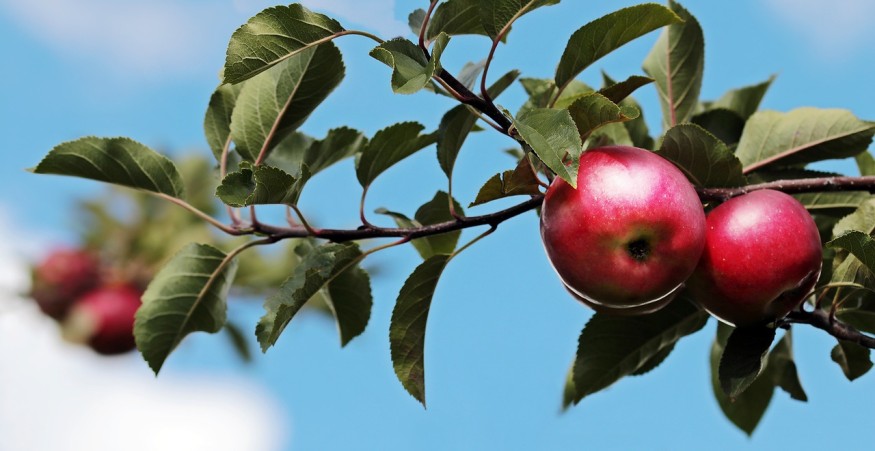
There had once been at least 17,000 known apple varieties found in orchards across North America. Many of these strains have since become extinct, with only 15 apple varieties now accounting for 90% of apples produced by the U.S.
However, in the Pacific Northwest, Gillian Flaccus reports that retirees have re-discovered ten of the varieties once considered gone entirely. These varieties were found by the group Lost Apple Project, a Washington non-profit organization, and it is the most they ever discovered in one season. Oregon non-profit organization Temperate Orchard Conservancy or TOC botanists identified the apple varieties.
Lost Apple Project volunteers comb the ravines and fields of rural Washington and Idaho to search in abandoned orchards. They found the current discoveries last fall. EJ Brandt, a volunteer, found their find to be unbelievably massive, as they usually only discover one or two lost apple varieties each year.
Volunteers, David Benscoter and Brandt, comb through records of old nursery sales, county fairs, and old clippings from newspapers to locate the historical orchards. They then track their leads by using accounts of surviving relatives, land deeds, and old maps to cross-reference their finds, as reported by Flaccus. They then log the trees' GPS coordinates, and bag and label the apples carefully for shipping to TOC to be identified.
The TOC has reported grafting around 5,000 distinct varieties of apples as of 2018. In comparison, the collection of the U.S. Department of Agriculture in New York only has about 2,000 types in its collection.
Most of the 5,000 strains in TOC's collection come from Nick Botner's 40-acre farm near Molalla, Oregon. It was the remains of a collection of 4,500 apple varieties that Botner, an apple enthusiast, collected privately. Lyndsey Hewitt reported in 2016 that as Botner approached age 90, he permitted TOC to clone the collection to preserve the many rare varieties in it. TOC has since completed the cloning of the entire collection. Joanie Cooper, TOC founder, said in 2016 that the apples would be available for study and use long after they are all gone.
Brandt and Benscoter's discoveries were identified by scrupulous comparison of the fruits with various references and sources. These references include a 19th and 20th-century archive of the USDA Pomological Watercolor Collection detailing different apple varieties, dusty old botany books; old apple ephemera; and field guides. The TOC sometimes pores over each of these sources' pages to confirm the varieties' identities.
Following this latest exciting discovery, the Lost Apple Project, unfortunately, canceled plans for a yearly fair due to the COVID-19 pandemic. In the fair, TOC members teach tree grafting and sell grafts of newly re-discovered trees. These activities fund much of the Project's yearly budget of $10,000, covering apple shipping, identification, and travel costs. Benscoter says that they currently cannot pay their bills.
Brandt and Benscoter have so far put 23 apple varieties back into the U.S.' agricultural map. These include Butter Sweet, Gold Ridge; Sary Snap, an ancient Turkey strain; and Streaked Pippin, first recorded in 1744 in New York.
© 2026 NatureWorldNews.com All rights reserved. Do not reproduce without permission.





